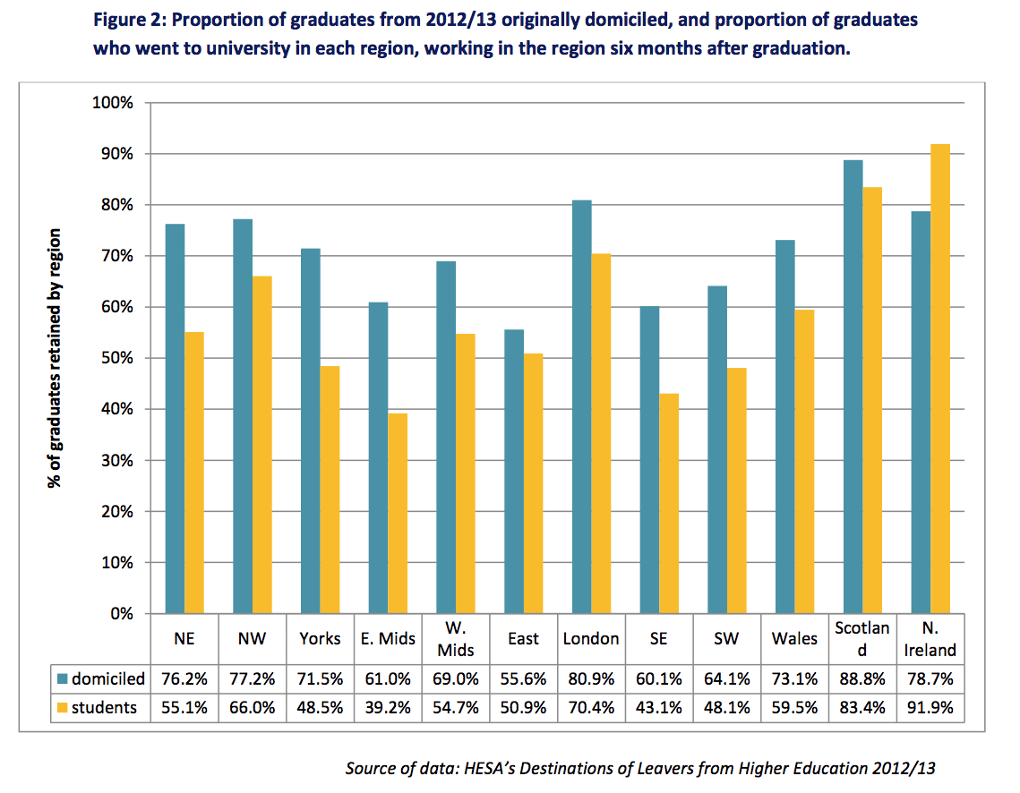
# We live in interesting times: Something economists thought was impossible is happening in Europe (negative interest rates). And despite negative nominal interest rates being reality, George Monbiot proposes resurrecting previous monetary schemes which had structurally negative interest rates: A maverick currency scheme from the 1930s could save the Greek economy.
# Good to see English econ bloggers taking an interest in Nicola Sturgeon's anti-austerity speech.
- Chris Dillow makes a typically insightful comment in Austerity, Fear and Bubblethink, explaining her ability to take this position: "it's no accident that one of the few prominent politicians to see things as they really are works outside the Westminster bubble".
- Simon Wren-Lewis is a bit grudging claiming that since, in his view, independence would have been accompanied by more fiscal tightening, a sensible policy now must be hypocrisy. This is despite the SNP being fairly consistent in calling for expansionary fiscal policy since 2009, and doing more than the UK government to shift from revenue expenditure into capital expenditure within the constraints of a fixed budget.
- Tony Yates writing in the Independent is mendacious in the extreme. He claims that an anti-austerity position from the SNP is damaging to the anti-austerity cause! In his view the SNP are so beyond the pale (an apt phrase in this context) that policy positions they espouse may automatically be deemed less credible. But they are the government of Scotland, winning a majority under PR! They are polling between 40% and 50% of the vote in Scotland. Given this, their policy positions have to be treated as fairly centrist.
# More good Stumbling and Mumbling posts:
- In Origins of bad policy Chris Dillow points out that "in German 'debt' and 'guilt' are the same words" - I can label this as German homework!
- Some economics in the Hari Seldon/Psychohistory mould in Created by History
- Individual rationality versus ecological diversity, and why British politics might be due to undergo a step change, in Heading for Extinction
# Simon Wren-Lewis's Endogenous supply and depressed demand makes a fairly convincing case that, despite the UK's employment rate being back to pre-crisis levels, we may still be in a depressed economic environment, and that the appropriate policy is to loosen until we are clearly in a regime in which wage inflation is consistent with monetary targets: "after a severe recession which appears to result in a loss of capacity, you use policy to explore the boundaries of just how much capacity has really been lost, and run the risk that inflation may rise as you do so. You do not sit back, tell yourself that below target inflation is probably temporary, and do nothing. And, of course, you do not plan for more fiscal austerity."
No comments:
Post a Comment